The Celwyn Newsletter Issue 6

The Celwyn Series. Magical Realism, Adventure, and Mystery in a Steampunk World.
What is the latest from the Celwyn Series? Book 4 debuts in 7 days!
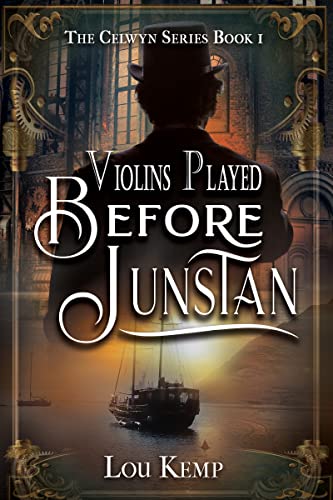
The series stars Jonas Celwyn, Bartholomew, and Professor Xiau Kang as a magician, a widower from the Sudan, and an automat as they travel the world…
Book 1, The Violins Played Before Junstan, all versions, including the audible one, available
Book 2, Music Shall Untune the Sky all versions, including the audible one, available
Book 3, The Raven and the Pig all versions, including the audible one, available
Companion book #1, The Sea of the Vanities all versions available and the audible is due out in November
Book 4, The Pirate Danced and the Automat Died is available for pre-order, and the release date is 10/7/2023.
Book 5, tentative title, The Wyvern, the Pirate, and the Madman will be out in early 2024.
Books 6 and 7 are in the planning stage.
What are the books about?

Book 4, The Pirate Danced and the Automat Died Synopsis: After the disaster in Turkey, the adventurers travel back to Prague. Along the way, they stop at Findbar Island in the North Sea. It is haunted by a murderous ghost who keeps whacking off the head of her husband (he happens to resemble Celwyn). A perfect place to rebuild their compound, wouldn’t you say?
After a final battle with Captain Dearing, Captain Nemo and the adventurers leave the North Sea, headed beyond the Suez Canal, chasing the rest of the pirate ships and the one ship carrying one of their own. The Wyvern, the Pirate, and the Madman will be available in 2024.
In the mood for a little of the supernatural?
The companion book, The Sea of the Vanities synopsis: Richard Shaw, an insurance investigator from Lloyds of London, arrives in Rio de Janeiro in 1851. He is there to discover why so many of the great sailing ships of the world are disappearing in the South Atlantic, never making it to or from the Pacific Ocean.
From each side of the continent, two ships set sail: one helmed by Captain Peech to hunt for treasure and the other ferrying passengers like Cassandra Coulter, who only hopes for safe passage. Both ships encounter murder and supernatural forces. When the survivors unwillingly rendezvous in Cape Horn, they run straight into Richard Shaw.
The Sea of the Vanities is a supernatural sea adventure that answers the question: should death be feared? Or is it a mercy?
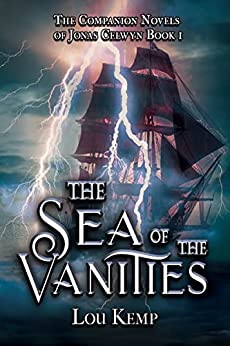
Books Books Books!!! As recommended by friends and a great new Goodreads reader group.
These are Thrillers, Mysteries, and Fantasy series. Every month there will be new books featured. Contact me at https://loukemp.com/ to make your suggestions.
- Fitz and The Fool Trilogy by Robin Hobb
- Beyond the Wildwood by Benjamin X Wretlind
- Raven’s Grave by Charlotte Stuart
- The Stormlight Archives and the Cosmere series by Brandon Sanderson
- Throne of Glass series by S J Maas 8 books in the series (very popular with the 30 and under crowd and you are making your Christmas list)
- Imajica by Clive Barker
- The Dark Tower series by Stephen King
- The Last Devil to Die, the Thursday Murder Club #4 by Richard Osman
- The Devabad Trilogy by Shannon Chakraborty!
- Fablehaven” and “Dragonwatch” by Brandon Mull
- SERAPHINA series by Rachel Hartman.
- Run on Red by Noelle W Ihli
- When I’m Dead by Hannah Morrissey, a medical examiner and her husband solve the murder.
- A Study in Drowning by Ava Reid
- Death of a Snow Ghost by Linda Norlander
- The End Game by Charlotte Morganti
- Mother-Daughter Murder Night by Nina Simon has been selected for Reese Witherspoon’s book club.
- In the House of Aryaman by Elizabeth Bear an Inspector Ferron Mystery
- The Brewery Murders by J. R. Ellis
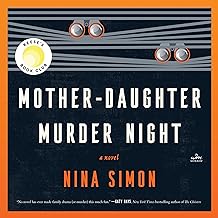
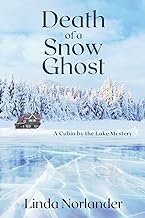
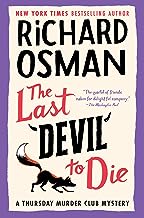
Celwyn’s Cats
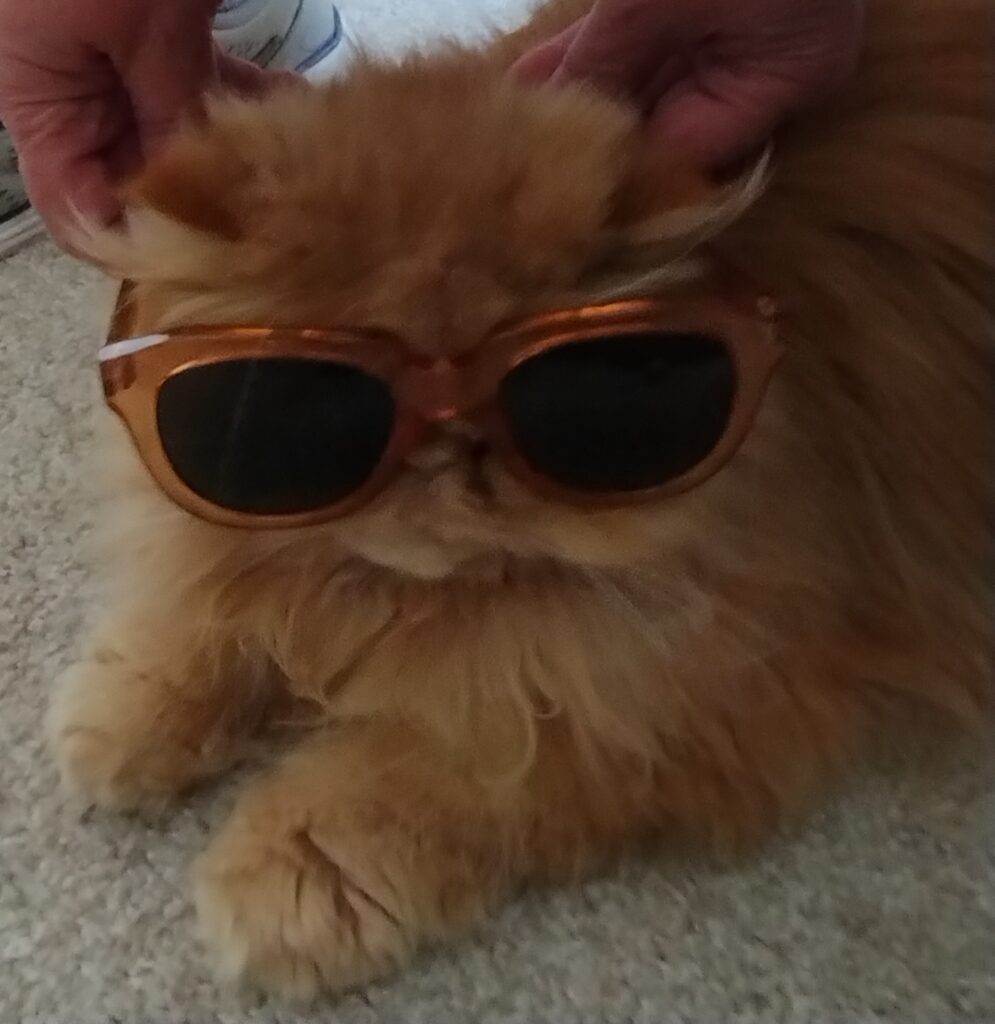
Wolfie’s cool baby picture. Which movie star does she look like?
Something Useful, Something New
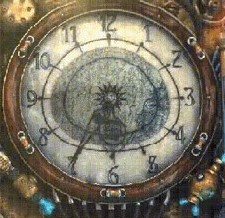 |
| Free-Expressions Seminars and Literary ServicesJoin Literary Agent/Author Donald Maass for a one of a kind learning experience. Featuring: Morning classes with Donald Maass, geared toward building students’ specific projects using concepts covered in his popular, Writing the Breakout Novel, Writing 21st Century Fiction, and The Emotional Craft of Fiction.Private room and bath, plus ALL meals from workshop start to finish, beginning with dinner on Monday and ending with breakfast on Sunday.A private thirty-minute consultation with Donald Maass, who reads fifty pages (up to 12,500 words) of each student’s manuscript and other supporting material.Private consultations with editors/authors Lorin Oberweger, Brenda Windberg and other industry pros.Customized instruction geared toward students’ specific writing needs and questions.A special session on micro-tension and other evening offerings.Access to private writing resource section on Free Expressions website.Invitation to join the BONI Graduate Facebook community. And more!Due to the intensive nature of this workshop, participation is limited to thirty-five students. |
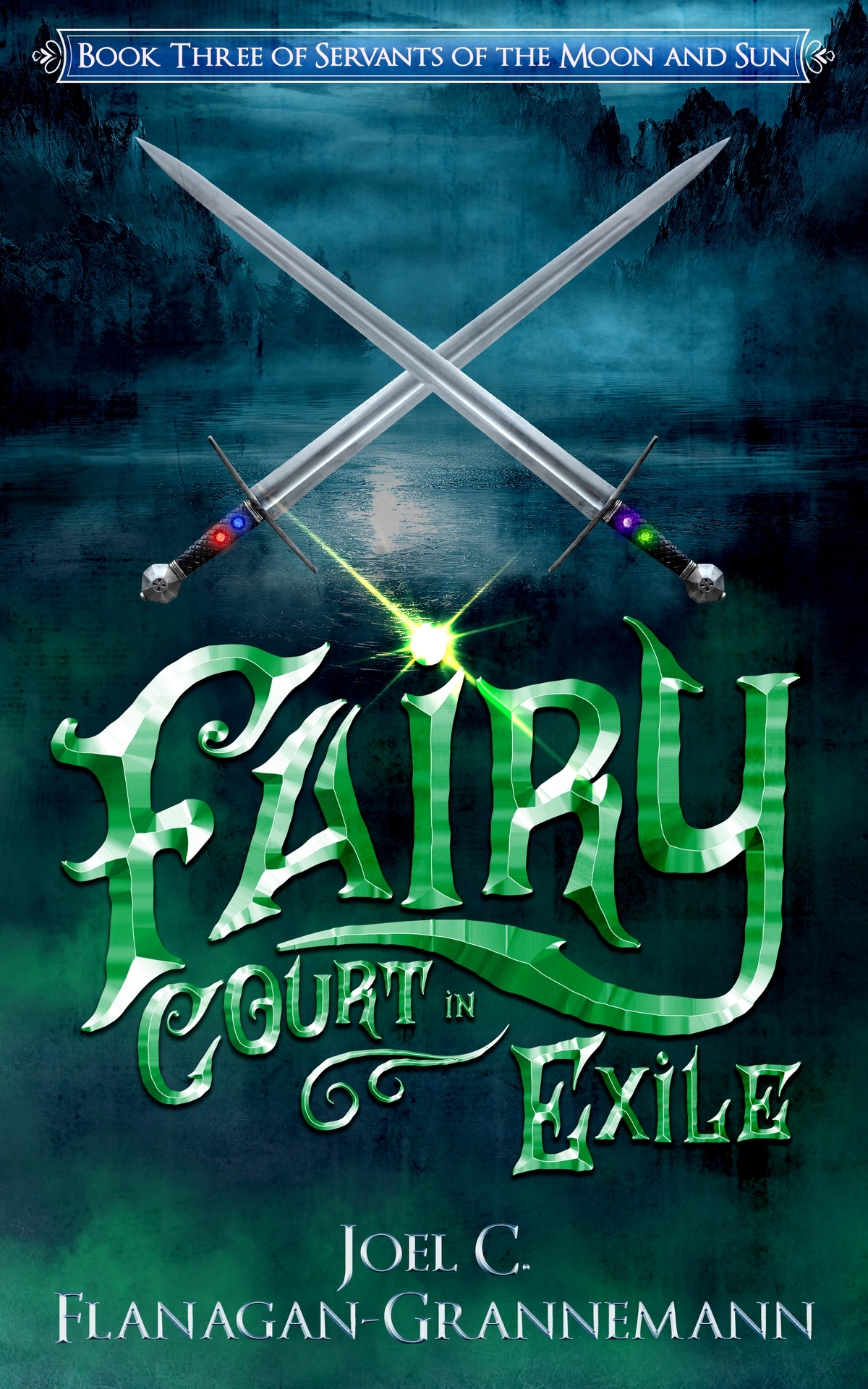 |
| link to the bookTalia, now Queen of the Fairy Realm, is off on a quest to find her kidnapped daughter. In her absence, her paternal uncle’s wife, Titania, serves as Regent and leader of a scattered force of loyal Fairies, defending the Exile Queen’s mountain against attacks from the False Sisters (Talia’s maternal aunts), whose bloody coup triggered the Fairy civil war.Thrown into much more prominent roles as defenders of the mountain, Min and Elanor (formerly Talia’s most loyal Ladies) must fight not only enemies from both without and within the mountain, but also their own past traumas and insecurities as well. As the treacherous troops of the False Sisters close in, Titania and her loyal Fairies must muster all their courage and strength to fight off the evil blood-fueled magic arrayed against them so they may continue to serve as faithful Servants of the Moon and Sun. |
Author Debate: Do you Outline or Fly by the Seat of Your Pants (a pantster)?
 PANTSTER! Ty Carlson Question 1 Did you start out as a pantster when you began to write, or did you go through using a different method? What happened? Like most writers just starting out, I didn’t have a clue what I was doing. I knew that I wanted to write, and I knew that the story within me needed to be told, but I didn’t know how to get it from my brain onto paper. So I began formulating ideas. Really, it was a question posed to my wife that really started the ball rolling. Once I had the germ of an idea, I began to expand on it—internally. I considered what would work, what wouldn’t, what would be interesting and what we be a boring workaround. I didn’t plan anything, not really, but I did have a plan of how I wanted the story to unfold. Now if I’m being honest, I wrote chapter 17 first. Then jumped back toward the beginning and wrote it, then to the end and back again to the beginning. By the time I’d written everything down that I thought I wanted, I had a giant puzzle and had to figure out how to put it together. So I started shuffling pieces around. After a year of editing and reworks, I had my first book. It wasn’t brilliant, it may not have even been good, but it was mine, and it was done, and I was proud of myself. Question 2 If you ran into a new author, tell us how you would explain the advantages of being a pantster. There are some people out there who say that being a plotter is the better way to write books. There are people out there that say being a pantser is the better way to write books. They’re both right and wrong. Doing what works for YOU is the better way to write books. For me, being a pantser provides me the freedom to change it up anytime I want; I’m not bound to the outline I made up at the beginning of this jig. I’ve always been a believer that the story is actually already written, it’s just using me to write it down. There are time when I write something and it doesn’t feel right. It might be great, or even amazing, but I end up deleting it because I forced the story a direction it didn’t want to go, and I knew it. I say it a lot in my TikTok videos and advice to others, “The story will tell you where it needs to go, we just have to learn to listen.” Question 3 Can you tell when an author should switch to be either a pantster or outliner by any trouble they are having? Do you feel all authors should try both methods? I claim to be a pantster, through and through. However, with my fifth novel, “listening to the story” wasn’t enough. I’m working through the deep parts of character development and how a reader (myself included) would respond to certain situations, descriptions, and issues that run like a tiny silver thread through the entire story. I had to switch to a plotter after about 40,000 words. I had to take a weekend, line it all out, and process it all. And I’m still processing it all. The story has direction, it has a destination, too. But to get it right, the story demands that I do it better than just winging it like I did for the others. That’s not to say my previous four are inferior, only that this story demands an attention to detail that the others didn’t require. When an author begins to find themselves trading depth for accessibility, that author will find a few more problems along the way. I don’t think that authors need to try both ways, just like any hard and fast rule is going to end up being wrong at some point, but I do think that authors who believe they’ve cornered the market on streamlining the writing process will almost always sacrifice story so they can say the did it one way or another. That’s not good writing, that’s just being stubborn. Ty Carlson is a sci-fi writer who delights in the unseen strangeness and wonder of “what if.” Growing up in the Ozarks of Arkansas gave him and his three siblings plenty of room to play knights and dragons or jungle explorers, igniting his imagination early on. Ty started writing at a very young age and his passion has only grown over time. |
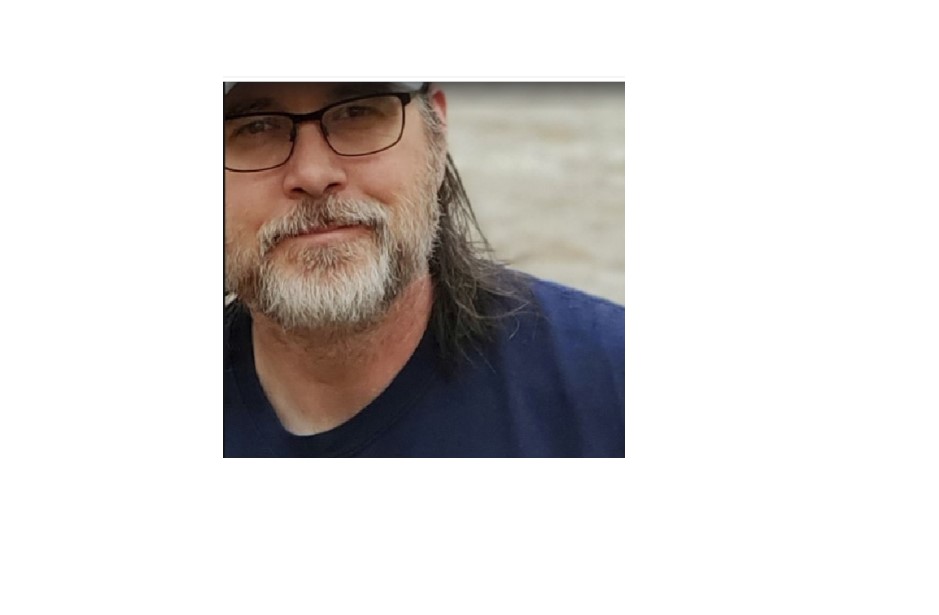 OUTLINES RULE! Benjamin X. Wretlind |
| Question 1 Did you start out as an outliner when you began to write, or did you go through using a different method? What happened? It’s been a few years (decades), but I want to say I started out with a brief outline from the beginning. When I began to take my writing more seriously, those brief outlines (which could have been no more than a phrase or word about what I thought should come next) turned into an extensive outline and later a spreadsheet. I spend a few weeks before writing the first sentence working on each scene and even making notes about each scene beat within. I don’ t know how it happened, but I have a feeling it’s an offshoot of my work personality. I’m highly detailed and always start projects with the end in mind. The preparation for any project–to include identifying milestones and deliverables–is one of the things I’ve always enjoyed, and applying that “joy” to my writing was a natural thing. Question 2 If you ran into a new author, tell us how you would explain the advantages of being an outliner? Start with the end in mind, then fill in the gaps. How do you plan to get from point A to point Z? I’m not sure I buy the idea that someone starts with absolutely no plot, no characters, no setting, and no direction and ends up with a full novel. I think even pantsters have an idea of what’s coming or who the characters are even if they don’t write it down. That idea can be as simple as knowing just the premise or it can even be more complex, but we all outline in some way. The advantage of being a true outliner is that you can shift your cognitive load to the page so you can focus on the task at hand. When we try to hold an idea of the future in our minds, it messes with the present. By writing things down, you open up your mental faculties for the more difficult task of actually writing. Question 3 Can you tell when an author should switch to be either a pantster or outliner by any trouble they are having? Do you feel all authors should try both methods? I beta read a lot of stories, and I think I can tell if the writer is a pantster by the details they leave out, the parts of a novel that don’t connect well, or the inconsistencies in flow. Some of this can be picked up during those first few rounds of edits, but a lot of it gets missed. The most obvious sign is when someone introduces a plot element and then does nothing with it for the rest of the book. I am of the mind that writers do what works for them, but the only way to know what works is to try both methods. I believe that outlining is easier than just writing by the seat of your pants. With an outline, each scene beat will become a “prompt” that can propel the writing forward. Benjamin X. Wretlind is a speculative fiction author who writes science fiction, dark fantasy, magical realism, and some horror. He is the author of several novels, novellas, and creative writing books and is a full member of the Science Fiction and Fantasy Writers Association |
Tips from Gina Rae Mitchell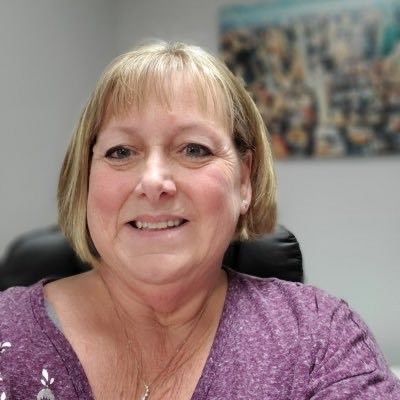 Why You Should Leave a Book Review I have found that many people are hesitant to leave a book review, even if they love a story. I hope these reasons will change your mind. Of course, this is just my humble opinion. This list might change your mind if you are one of those reluctant folks. Informative Guidance: They give readers insights into a book’s content, style, and quality. This helps potential readers decide if the book aligns with their interests and preferences. Promotion of Literature: Positive reviews can boost an author’s reputation and book sales, encouraging writers to continue producing quality literature. Constructive Criticism: Reviews offer constructive feedback for authors, helping them refine their writing skills and improve future works. Community Building: Book reviews foster discussions and connections among readers with similar interests, creating a sense of community among literature enthusiasts. Diverse Perspectives: Book reviews often reflect the diverse perspectives of readers, shedding light on how different individuals interpret and connect with the same text. This can broaden the understanding of a book’s impact. Since 2018, Gina has been publishing reviews on her website, GinaRaeMitchell.com, but has been a lifelong reader and reviewer. She reviews almost all genres, including fiction, nonfiction, and children’s books. You can find her book review stats here. |
Interview with Pat Pratt
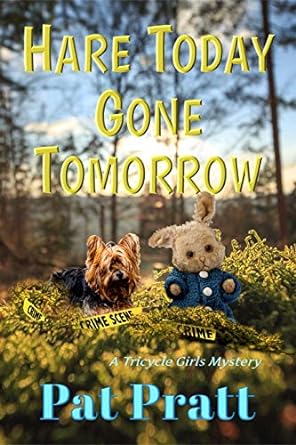
What is the difference, in your opinion, between cozies and other types of mysteries?
It is the amount of nail-biting suspense. I enjoy cozies that are light and quirky. My Tricycle Girls heroines, all septuagenarians, fall into that quirky category. They are fun to write and, I hope, fun to read about.
Do you enjoy appearing at book clubs?
I have been invited to several book clubs, and all have been enjoyable. One of my cozies features recipes. One group I spoke to had a pot luck after the meeting and served food from my book. What fun!
Favorite author?
Close to the top of my list of favorite authors is, of course, Anita Dickason. Not just because she’s a personal friend, but because of the research that goes into all her writing. Her plots flow seamlessly, and her ability to draw readers into situations they may not be familiar with, is phenomenal.
Harry Kemmelman’s ‘Rabbi’ series is one of my past favorites, as is anything by Andrew Greeley, especially his Father Blackie mysteries. Harlan Coban’s mysteries are great too. I haven’t read any of Coban’s books where I figured out whodunit. And, as a stamp-collector myself, Laurence Block’s stamp-collecting hitman has got to be in the mix.
Talk about your writing as your younger self.
I definitely would not have been as good a writer in my 20’s. What writing I did then was immature and, let’s be honest, schmaltzy.
If I run into plot problems or feel the need to add or change a character when I’m not able to sit down and write the scene, I jot down a few words as a reminder until I can get back to my story. I keep a small notebook and lots of pens with me at all times for that purpose.
Pat Pratt was a late bloomer as an author. Her first cozy mystery, Old Jewels, about three HML (Healthy, Mature Ladies) was published in 2017, when she was 72 years young. Pat is the mother of three, grandmother of twelve, and, to date, great-grandmother of three. She keeps busy leading a writers group at Waxahachie Senior Center and a critiquing group at the local library.